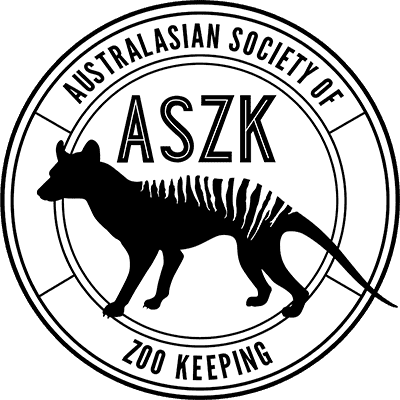The Zoo and Aquarium Association (ZAA) has put out the following information around zoo animals and Covid-19
“Australia and New Zealand are moving into a new stage of the COVID-19 pandemic in which we live with a certain amount of the virus circulating in our communities, with high vaccination rates and certain health measures protecting people.
Through most of the pandemic, we have been fortunate to have either very low or no community spread whilst our zoos and aquariums have been open to the public, which has made the risk of our animals contracting COVID-19 incredibly low.
As we shift to living with COVID-19, strict biosecurity protocols for the species most at risk of contracting the virus are more important than ever. Global monitoring shows that overseas whilst most cases of animals with COVID-19 seem to present with only mild symptoms, COVID-associated deaths have now been reported in a number of lions, snow leopards, and beavers.
These cases in animals are considered to have been acquired from humans and, in some instances, transmission has occurred despite staff being vaccinated and biosecurity protocols being in place.
We strongly suggest that members re-evaluate the risk to their animals with advice from their veterinarian, particularly in consideration to the species currently known to be at risk of contracting COVID-19:
- Carnivora
- Canids – domestic dog, raccoon dog
- Felids – domestic cat, fishing cat, tiger, lion, cougar, snow leopard
- Hyaenidae – spotted hyena
- Mustelids – domestic ferret, American mink, Asian small-clawed otter
- Procyonids – coati
- Viverrids – binturong
- Primates – gorilla, African green monkey, macaque species, baboon, grivet, common marmoset
- Artiodactyla
- Cervids – white-tailed deer
- Suids – domestic pig
- Hippopotamus – common hippo, river hippo
- Pteropodids – Egyptian fruit bat
- Rodents – beaver, hamster, bank vole laboratory mice (only with more recent COVID-19 variants),
- Leporids – domestic rabbit
- Tupaiids – tree shrew
Transmission of COVID-19 from animals back to humans has to date only been reported with farmed mink. Although the virus likely originated via transmission from bats to humans, there is no current evidence that animals play a significant role in spreading COVID-19 to people. However, a cautious approach may consider potential risks around transmission from animals to humans.
We have worked with the ZAA Veterinary SAG to develop a position statement, available to read on the ZAA Portal. Please note that as new information continues to become available this position statement will not be provided as a downloadable file whilst changes continue to be made. If you have trouble accessing the ZAA Portal, please contact admin@zooaquarium.org.au
ZAA continues to monitor the roll out of the Zoetis veterinary COVID vaccine to zoo animals in the US. This vaccine is not available in Australia and New Zealand. Importation would require approval and registration by the relevant jurisdiction’s government authority. The Vet SAG are doing some early exploration of future options for vaccination in this region.”
